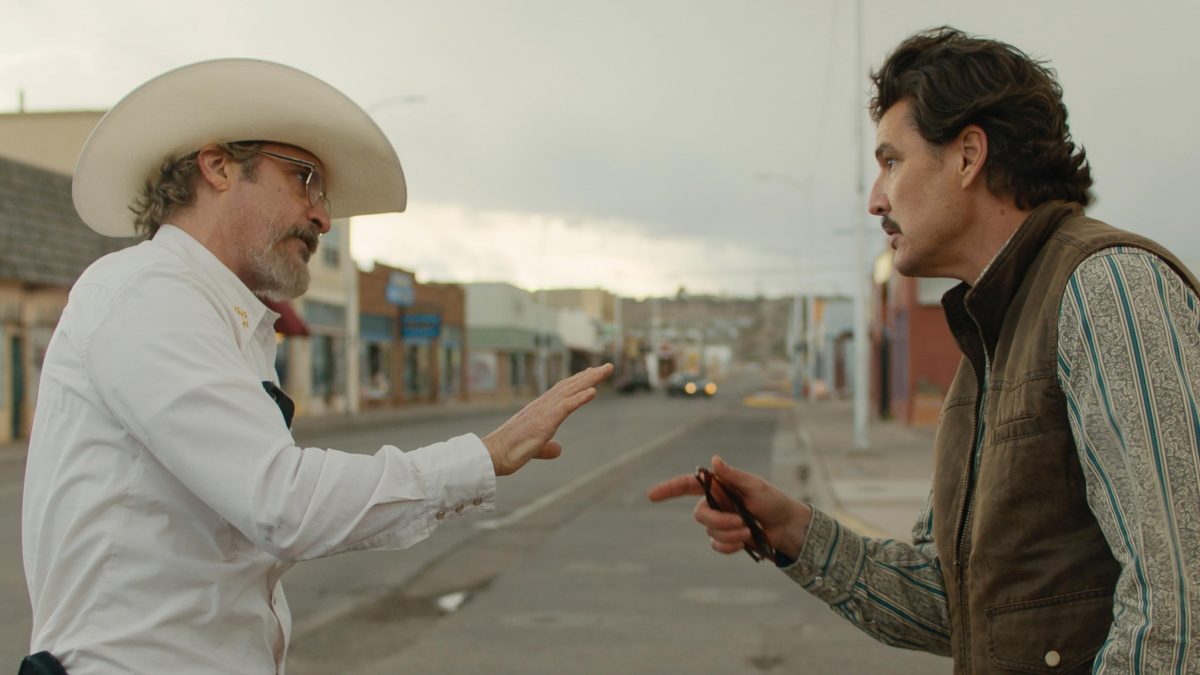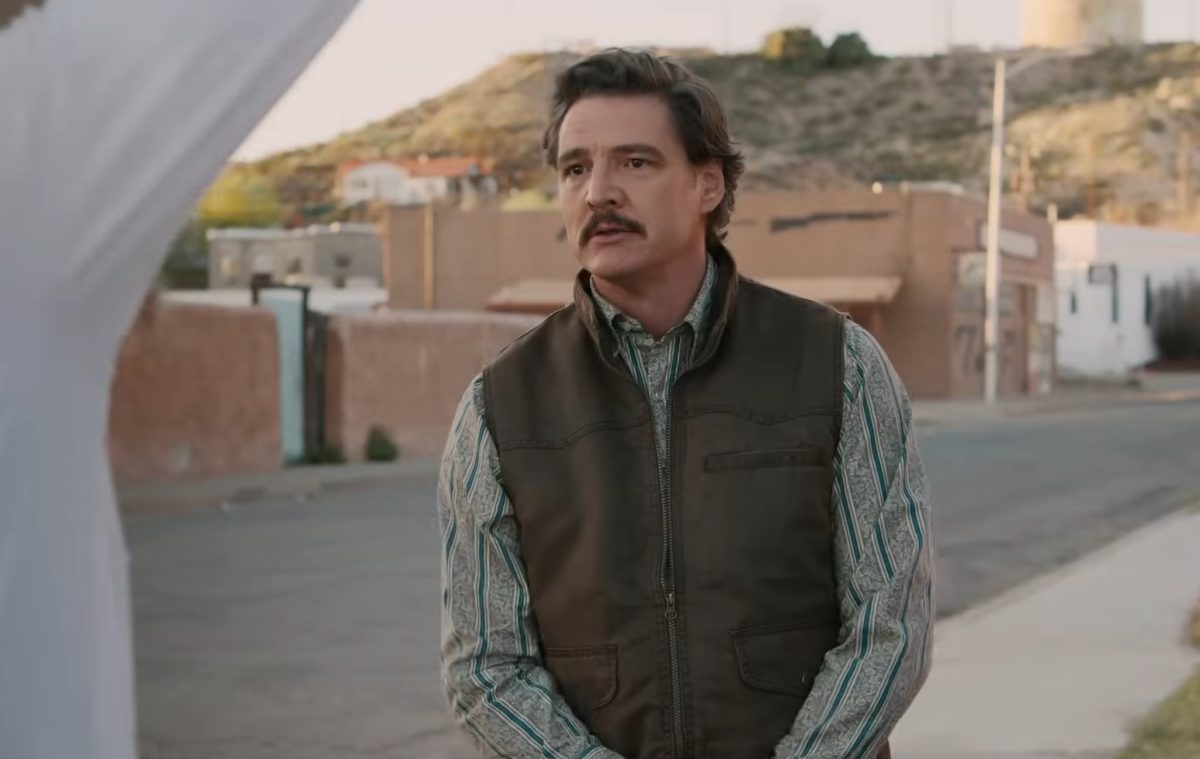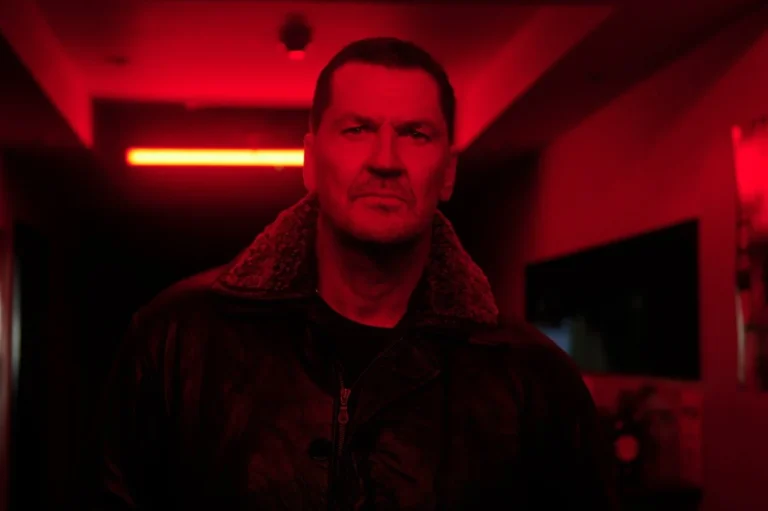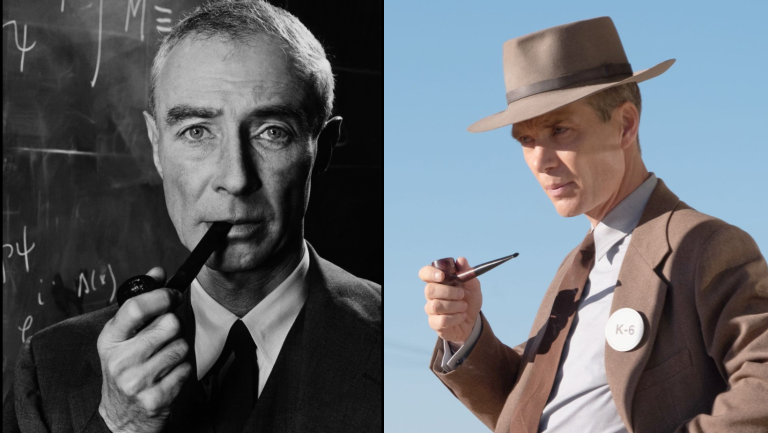Despite the fact that the COVID-19 pandemic fundamentally changed the film industry forever, cinema has faced trepidation in representing its direct impact onscreen. Even if everything from “28 Days Later” to “Barbie” can be taken to be a metaphor for the shutdowns, social distancing, and political unrest that further divided an already agitated society, resurfacing the collective trauma brought about in 2020 has proven to be too touchy a subject.
Hollywood may have been capable of making masterworks like “Apocalypse Now” shortly after the Vietnam War, but it’s harder to craft a specific thematic assessment about COVID, as its ramifications have yet to be fully determined.
While Ari Aster has previously used supernatural, mythic, and nightmarish mythology in order to examine existential topics regarding human tragedy, there is (ironically enough) no such masks in “Eddington.”
Set only months after the world seemingly shut down upon the rise of an enigmatic virus, “Eddington” takes place in a fictional New Mexico town, where Sheriff Joe Cross (Joaquin Phoenix) has grown increasingly frustrated with the safety requirements set forth by the state government.
As his personal and professional rivalry with Mayor Ted Garcia (Pedro Pascal) grows more strenuous, Joe decides to start an independent election campaign, imploring his citizens that they should “free each other’s hearts.”
Aster’s wry, observational style helped his horror films “Hereditary” and “Midsommar” build a realistic surface on which he could stack psychological terror, and in “Eddington,” he creates a similar sense of simmering tension. As the citizens of Eddington begin to realize how fundamentally divided they are, Aster hints at some startling truths about the ways in which lockdown warped people’s minds.
When the media’s spotlight is turned towards anguish and outrage, individuals are defined by their willingness to spark outrage and their capacity for violence. Unfortunately, the fastest way to be remembered is to be martyred, and “Eddington” is unsparing in showing how easy it is for infrastructures to crumble.

“Eddington” is quite cynical in its assessment of recent history, but it doesn’t take cheap shots at loaded topics. If anything, COVID-19 exacerbated issues that were already in motion; conspiracy theorists took advantage of fear and unrest, disenfranchised white liberals were keen to hijack atrocities, businesses offered deluded sentiments of ethical merit, and the generational divide between families grew even stronger. The bitter irony is that truth is quite rare for the characters in “Eddington;” if they’re not lying to others about their motivations, they’re dishonest with themselves about what lengths they will go to in order to achieve their goals.
“Eddington” is clearly a parable to the westerns of Old Hollywood, with a strong debt owed to John Ford with its bold, yet patient visuals. Aster has allowed the camera to linger on uncomfortable moments to the point that they feel overplayed, with any subtext slowly disintegrating as the stakes grow more literal. Despite the conclave of supporting characters that factor into the central tragedy, “Eddington” never feels overstuffed, as it aims to offer a microcosm of a moment in time through focusing on a specific series of events within a select location. If anything, the film’s inability to be truly disturbing, unsettling, or provocative speaks to Aster’s unwillingness to ruffle feathers.
Also Read: The 50 Best A24 Movies
The strongest of Aster’s influences is certainly “The Searchers,” the legendary John Ford western that crafted the pinnacle of cinematic anti-heroes in John Wayne’s Ethan Edwards. The brilliance of Ford’s film was that its formal beauty deceived some into thinking it was a legitimately rousing adventure, despite the violent, sadistic obsession that drove Edwards’ odyssey. “Eddington” is subversive in a different way, as Cross has none of the same charisma that Edwards maintained. He’s a shallow, ignorant character who uses his position of power to feel superior, and grows increasingly dangerous when that authority is undermined.
Phoenix is once again transfixing as an obsessive, delusional character who searches for moral clarity. Even when Joe clearly betrays his own interests, he is desperate to prove to both himself and others that there is a righteous cause that motivates him. It was a bold decision on Aster’s part to use such a challenging perspective to lead the film. While it may be hard to sympathize with a character so ugly, it’s also hard to deny that Joe isn’t entirely misguided.
As the stresses of an uncertain period mount up upon his shoulders, Joe proceeds to respond in all the wrong ways. It’s more unsettling to recognize that Joe’s actions, as horrifying as they are, come from an oddly sympathetic place. This is best embodied by the film’s strongest parallel to “The Searchers,” in which Cross is framed next to a shattered door in a direct mirroring of the final shot of Ford’s classic.

Phoenix’s nasty, often pathetic performance proves to be more than its idiosyncrasies, but “Eddington” features a strong supporting cast of characters that rise above the seemingly stereotypical ideals that they might represent. It’s not hard to craft a distrustworthy politician, but Pascal’s vehement command of Garcia’s personality makes it hard to determine which of his statements are part of a ruse. Emma Stone is also terrific as Joe’s wife, Louise, who seeks to cope with legitimate trauma by plunging deeper into a series of half-truths and hastily assembled solutions.
However, it’s Austin Butler’s role as the fringe conspiracy theorist Vernon Jefferson Peak who is the most memorable, as he captures the disturbing ease with which radical cult mentality took hold of the public in the 2020s.
“Eddington” isn’t devoid of humor, as Aster is keen to point out the ironies of ideology, particularly when considering what an isolated location the film’s city is placed in. Aster is particularly scathing in his examination of how slogans, mission statements, and other derivative rhetoric gave rise to a feeling of superiority and understanding, particularly when complex dialogue was avoided entirely.
The fact that so many of these observations could be neatly described as unsurprising, unnecessarily provocative, or without depth, there’s an honesty in which Aster refuses to provide simple takeaways. As much as “Eddington” feels universal in the scope of its focus, it’s also a reminder that these assumptions are built on a subjective and often narrow-minded understanding.
Beneath the heavy-handed surface of the film’s “ripped from the headlines” issues is a subtle commentary on the incompetence of law enforcement, the generational victimization of indigenous people, the ease with which corporations sidestepped consequences, and the extent to which white guilt only splintered the racial divide. Even when it’s backed into self-created corners, “Eddington” is an engaging viewing experience. Reality may have become too incredulous for Aster to examine it in more subtle terms, but the cynicism of “Eddington” does not impede its genuine insight.








![The Tunnel [2011] Review: Undone By Its Weak Ending](https://79468c92.delivery.rocketcdn.me/wp-content/uploads/2019/09/the-tunnel-cover-768x432.jpg)